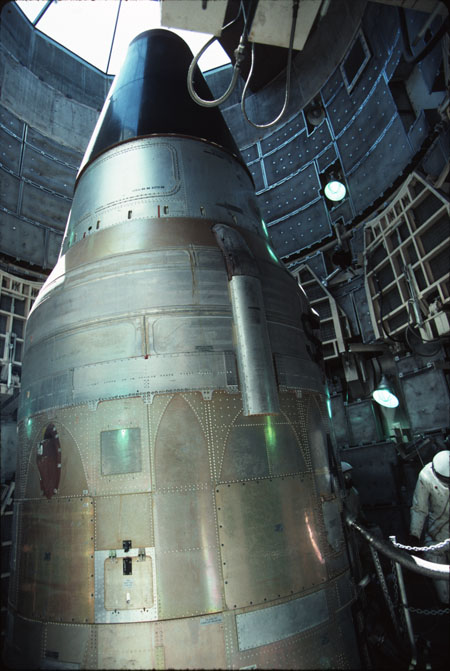I refrained from posting about this yesterday when North Korea set off their second nuclear test in three years because of the lack of definitive information about the test. This nuclear test was carried out in the northern province of Kilju, the same location of the 2006 test. There is no official determination of the yield of the weapon tested, Russia has reported up to 40 Kilotons, other reports indicate as low as 4 Kilotons. The 2006 test was a low yield bomb of 1 kiloton (equivalent to 1,000 sticks of dynamite, considered relatively low for a nuclear weapon). Aidan Foster-Carter perceptively writes that North Korea is clearly not going to be the next Libya and give up their nuclear weapons program. Assuming that North Korea, under no condition, is going to give up their nuclear program, then we must find another way to negotiate with North Korea. The past six years of so-called Six Party Talks has yielded no results other than an empty promise of North Korea abandoning its nuclear program. With that promise now void, another strategy must be devised.
New negotiations with Pyongyong must take on a different tone now, one that encompasses much more than their youthful nuclear program. Most who follow North Korea in the news know about their starving population and the "secret" forced labor camps which are inhabited by those who dare speak against the government. With these conditions in mind, the US and other states must find a different way to negotiate with the DPRK.
We must realize that putting sanctions on North Korea again, will not do much, except further starve the citizens. There needs to be a way to integrate them into the global system in a meaningful way so that they will stop threatening those around them and they loosen the stranglehold on the economy and citizens.
We have to do a couple of things in my opinion:
1. Actually find a credible negotiator (preferably Kim Jong Il himself)
2. Ask exactly what they want; if it is a nuclear program, we need to draft an agreement which allows IAEA inspectors to all of the nuclear facilities, there need to be efficient safeguards (PALs, etc), there needs to be an agreement to prevent the distribution of nuclear material or dual-use technologies.
3. In return for being brought into the international community, there needs to be some sort of assurance that the citizens are allowed additional freedoms, especially easy access to food.
Other things are also needed, but this is just a start. I do not think many people really understand what Kim Jong Il really wants out of this program. We need to understand his thinking before we can effectively negotiate. If we can reach a mutual agreement it is easier to assuage the tensions on the Korean Peninsula.
skip to main |
skip to sidebar
Opinions of an innocent bystander in the world.
Restarting
Anybody who followed this blog for its brief lifetime saw its ups and downs. I AM still currently looking for guest writers if anyone would like to submit an article. The same guidelines apply:
1) At least 750 words long.
2) Must be relevant to the blog title and previous posts (this should be obvious). I will accept posts on subjects other than those provided but should be in the same guidelines of IR, Geopolitics, etc. I would be especially interested in seeing articles utilizing theories of Marxism and Critical Geopolitics.
3) I reserve the right to deny any article written for any reason. I also reserve the right to decide whether I will give you a reason for my decision. Along those lines, I will try and give you a reason why, but I like to keep my options open.
4) Any article accepted will be posted on Digg, and other social media websites.
Please email me your article at c.kirkland(at)sussex(dot)ac(dot)uk. Please make the subject "BLOG" (ensure all caps, I may just delete it otherwise). I look forward to restarting this blog and (hopefully) having a healthy, informed discussion of international politics.
Others to Watch
Blog Archive
About Me
- C.K.
- Finishing my MA in Geopolitics and Grand Strategy at University of Sussex. Interests: Marxism, Critical Geopolitics, Energy Security, Critical Theory (and those which intersect with IR, particularly critical security analysis), Russian foreign and security policy, Central Asia (particularly Kazakhstan), Caspian Sea politics. Sometimes I enjoy reading a bit about COIN.

